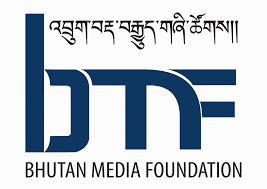Civil Society Grant Facility






Posted On: September 28th, 2018
Title of the Project: Advocacy and legal Assistance Program (ALAP)
Location of the project: Thimphu Dzongkhag, Sarpang Dzongkhag
Name of the applicant: Bhutan Transparency Initiative
Duration of the project: 24 months
Total Cost of the project (in Nu/ EUR): Nu. 3,404,000.00
Objectives of the project: ALAP Goal;
The project will seek to translate the concerns of the citizens of Bhutan especially poor who don’t have access to justice, victims and witnesses of corruption into structural changes for better local and national governance.
Specific objectives;
Target groups/ final beneficiaries: The vulnerable will be the main beneficiaries as the main objective of the project is to safeguard their interest.
Estimated results:
Article 9 (6) of the Constitution of Bhutan stipulates providing mandatory legal aid to its citizens. However, in the absence of a legal aid facility, many communities, particularly, those living in far-flung areas seriously lack service-related information and may become victims of corruption in the absence of official complaints mechanism, and initiative. The Constitution of Bhutan Article 7 (15) mandates equal and effective protection of the law. However, access to justice is not equal for all. Some people do not understand the nature of the problem and others suffer from victimization as they are not versed with the laws of the country. Therefore, BTI would like to focus on Advocacy and legal assistive services to the vulnerable categories of people. Through our program called Advocacy and Legal Assistance Program (ALAP).
ALAP is one of the most dynamic new anti-corruption intervention experiments by the global TI movement. ALAP creates a platform/avenue for people and organizations who either become victims or witnesses of corrupt practices to pursue cases. ALAP will provide free legal advice and follow up complaints of corrupt activities. It plays a critical role in identifying corruption hotspots that demand reform or official action. ALAP seeks to inform and empower citizens, especially victims and witnesses of corruption and then translate their concerns into structural changes for better local and national governance.
Main activities: